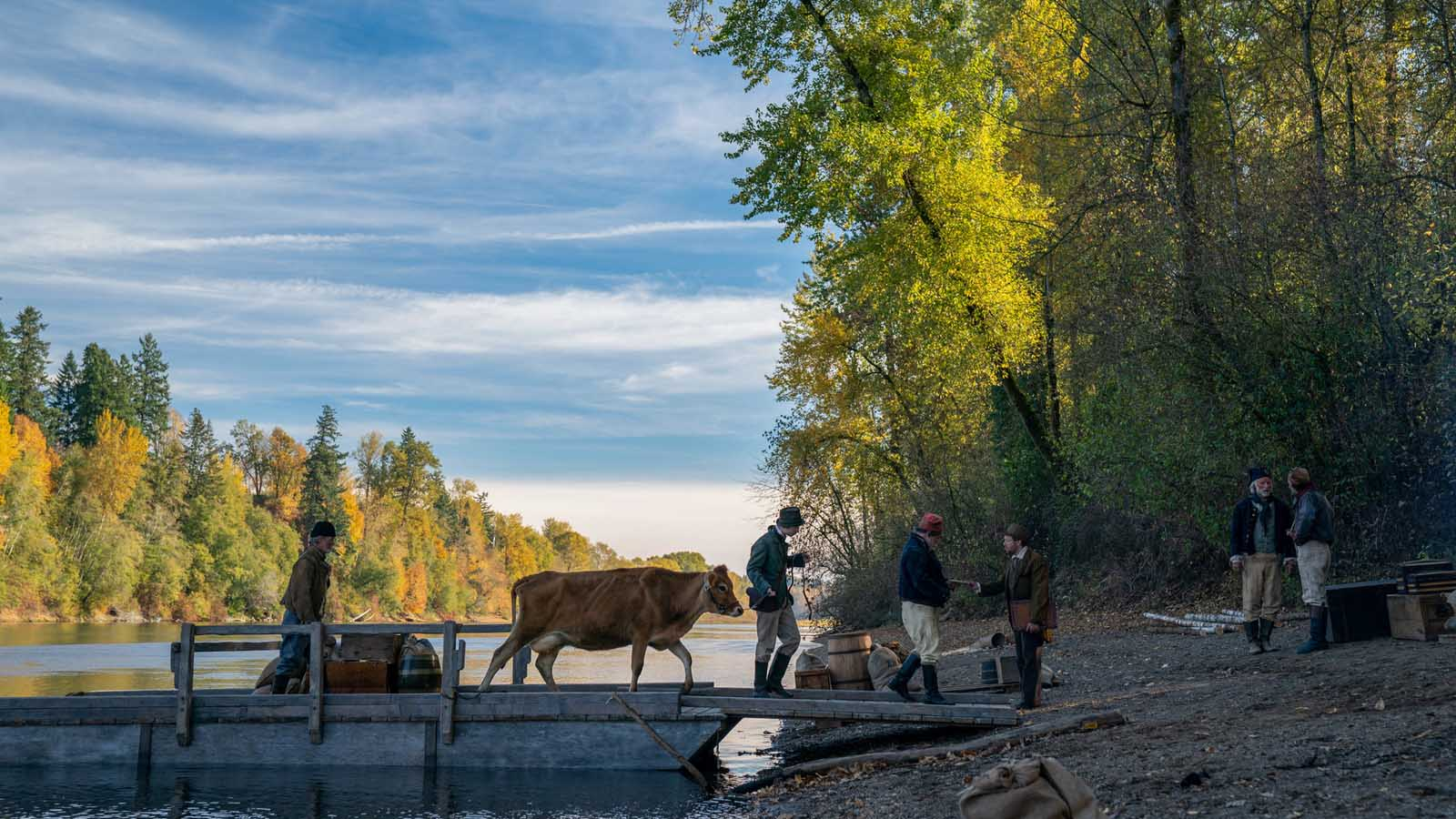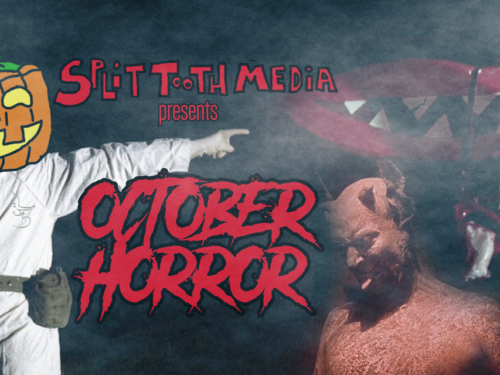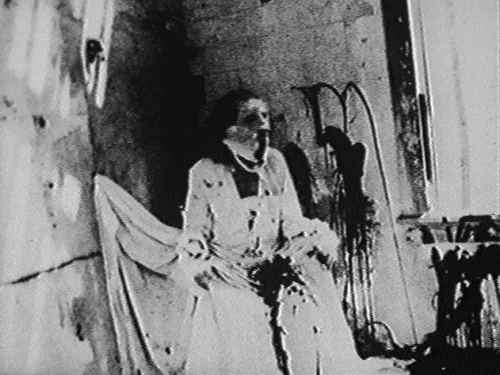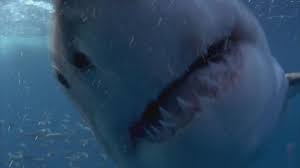First Cow is yet another masterpiece from Kelly Reichardt and — come March — the first great film of the 2020s
Kelly Reichardt opened First Cow’s East Coast premiere with a land acknowledgment. She reminded New York Film Festival attendees that Alice Tully Hall — and all of Manhattan — sits on land that once belonged to the Lenape people, land with a history. If not for gestures like this, it’s a history that most film audiences — most Americans — would leave buried in an obscure section of their historical memory. Many would happily do the burying themselves.
The film begins with its own reminder of buried truths and forgotten lives. Hiking through a wooded section of Oregon, a young woman (Alia Shawkat) stops suddenly as her dog starts digging. She joins in and soon it’s clear what they’ve found: human bones, two skeletons holding hands. Reichardt’s source novel, The Half-Life by Jonathan Raymond, devotes half of its pages to the excavation and examination of the bones. They become the subject of public debate, a point of contention between paleontologists and the local tribal population. The rest of the novel takes readers back to the 1820s to explain how they got there. Working as co-screenwriters, Reichardt and Raymond present an alternate version of that story. In this telling, the bones belong to Otis “Cookie” Figowitz (John Magaro) and King Lu (Orion Lee).
Kelly Reichardt isn’t the first director to see John Magaro and recognize a consummate underdog. Adam McKay — perhaps Reichardt’s inverse as a filmmaker — cast him as one of The Big Short’s more unlikely protagonists. With a slight frame and soft voice, his Charlie Geller looks as different from Ryan Gosling’s swaggering success guy as McKay’s garish film looks from Reichardt’s more spare one. That same year, fellow Portland native Todd Haynes cast Magaro in Carol. Another character’s “kid brother,” he’s a non-entity amid the film’s statuesque Hollywood glamour. When he tries to plant a kiss on Rooney Mara’s Therese, he looks less like a suitable romantic rival for Jake Lacy and Cate Blanchett than a child who’s misinterpreted his babysitter’s affection. He appears just as undergrown and out of place in the early stretches of First Cow. Though the 19th Century setting and unkempt beard are new, Reichardt’s latest finds Magaro adding to what’s now a pleasantly familiar recipe.
Related: People in the Sun: Kelly Reichardt’s Meek’s Cutoff
An abrupt cut introduces us to Cookie on a walk, picking mushrooms and checking squirrel traps. He’s traveling through what will become Oregon, working as a cook for a group of fur trappers. With food supplies dwindling, they’ve begun to regard him as a nuisance. It’s clear he was already an easy target for their abuse. He occupies a solitary place in camp and possesses none of their outsize pioneer grit. Though he’s likable as ever, Magaro spreads it on a little thick throughout these sequences. In stoking our sympathy, he risks making the shy Cookie seem simple. Cookie’s spirits and Magaro’s performance improve quickly, however, when the cook stumbles on King Lu. This stranger looks as out of place as Cookie (for one, he’s naked) and tells a story out of a frontier pulp novel. He’s a Chinese immigrant fleeing from Russians; they want him for murder. Cookie helps him escape to safety and eventually makes it to the Royal West Pacific Trading Post where a rough community is emerging from the muck. As King Lu will later put it, “history isn’t here yet.”
In addition to a marketplace, the trading post houses a number of ramshackle, mud-splattered buildings. Its tavern — full of rowdy patrons and palpable danger — provides some of the most striking interior images of Reichardt’s career. They’re also among the most tense. Christopher Blauvelt’s boxy 4:3 compositions seem to squeeze the characters together, egging them on and asking for a fight. Cookie never sticks out more than he does here. Luckily, he’s soon reunited with King Lu. Almost seductively, the mysterious new acquaintance entices Cookie back to his cabin to share a bottle of whiskey in peace. They settle into casual domestic bliss as shared alienation gives way to affection. One sweeps the floor, the other searches for firewood. Their relationship begins in earnest. Looking out the front door, the frame becomes cozy rather than claustrophobic, its narrow barriers inviting us to huddle close around the hearth.
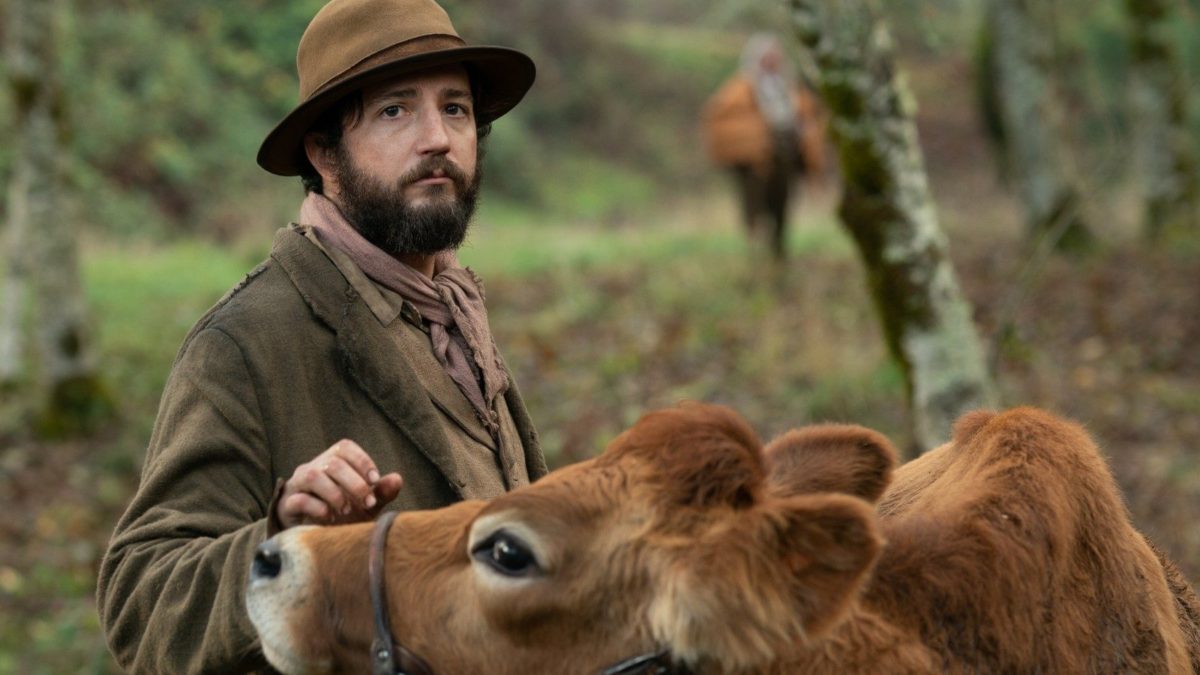
Less a guardian angel than a friendly devil on Cookie’s shoulder, King Lu welcomes the introverted cook to join both his household and his pursuit of wealth. They even become partners in victimless crime. The arrival of the titular creature — imported by the region’s resident British mogul (Toby Jones’ Chief Factor) — presents an intriguing business opportunity: If Cookie could get his hands on some milk, he and King Lu could bake biscuits and sell them at the trading post. Though the cook dismisses the idea outright, King Lu won’t pass on the chance to strike it rich and stake out a new place in the territory. He asks, through a sly grin, “What more would we need?” A business is born. By night, they begin making secret trips to the Chief Factor’s backyard. By day, they make a killing selling oil cakes to men starved for a taste of home.
Related: Joel Potrykus’ Midwestern Monsters Pt. 1: Ape and Buzzard
Their efforts become a miniature parable for American capitalism. They rely on theft and deceit (King Lu credits the biscuits’ taste to an “ancient Chinese secret”) while their customers shove and strong-arm one another for a spot in line. When the haughty Chief Factor himself becomes a patron, both the risks and opportunities of the operation multiply. Before long, the jig is up. The film climaxes with a chase that separates Cookie from King Lu and finds Reichardt’s wilderness at its most harrowing and hypnotic. When they finally reunite, it’s almost too much to bear — a thoroughly unsentimental moment that’s nevertheless suffused with two lifetime’s worth of longing and regret. We’re not only confronted with everything that brought Cookie and King Lu to this strange stretch of the Pacific Northwest, but everything that might have followed had they managed to beat the system a little longer.
Reichardt resists the urge to eroticize First Cow’s central relationship. Nevertheless, the tender friendship between her two outsiders cannot help but call to mind the most famous story of same-sex affection on the frontier. During one of Brokeback Mountain’s climactic sequences, Jake Gyllenhaal’s Jack Twist cries out for everything that might have been. Had his partner (Heath Ledger) been less reticent, society less hostile, they might have built “a great fucking life” together. As Cookie and King Lu huddle together in what we know will become their grave, similar sentiments briefly dance across their faces — all too briefly. Just as soon as they’ve begun to plan their next move, Reichardt cuts to black. She brings their lives to an end with a final, pitiless reminder that American commerce isn’t about nurturing hope, but burying it.
First Cow is now available on Amazon Prime
(Split Tooth may earn a commission from purchases made through affiliate links on our site.)

